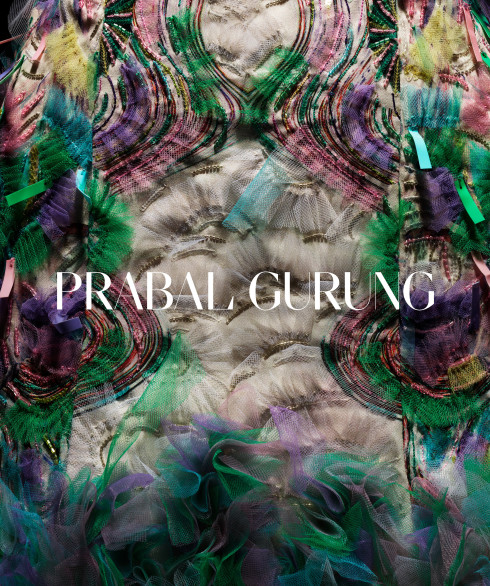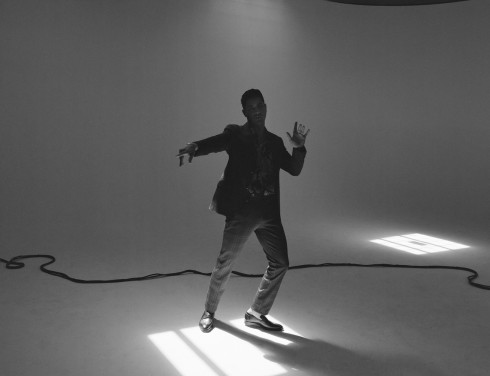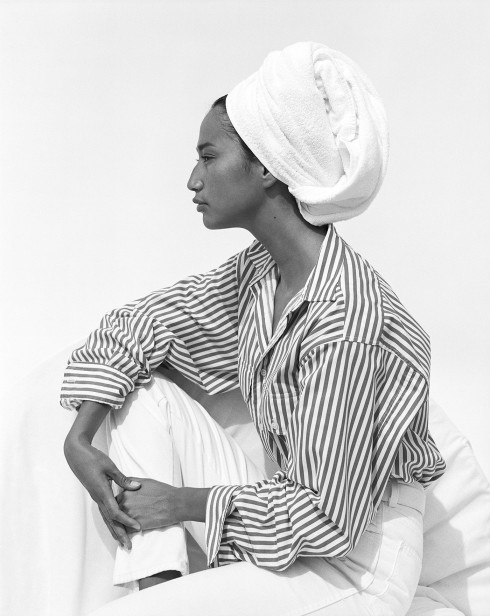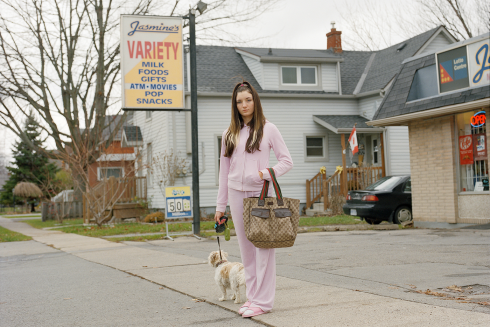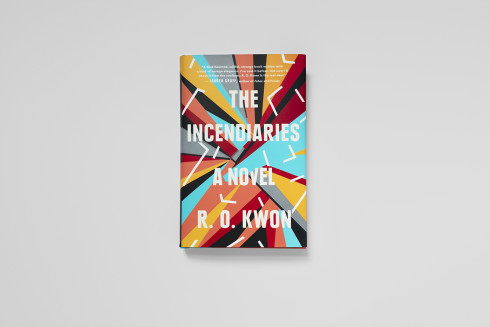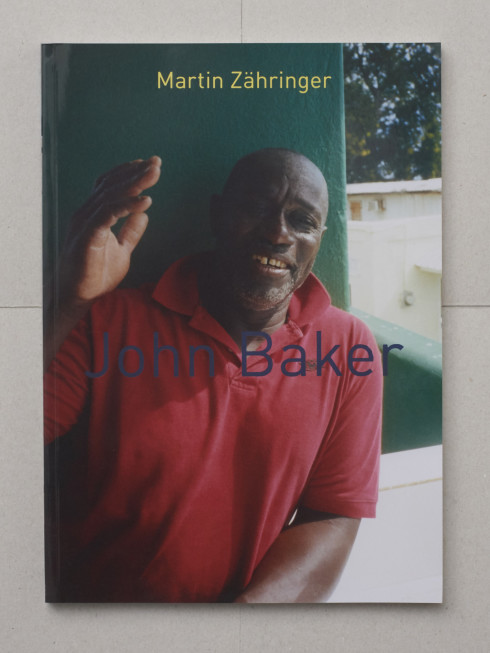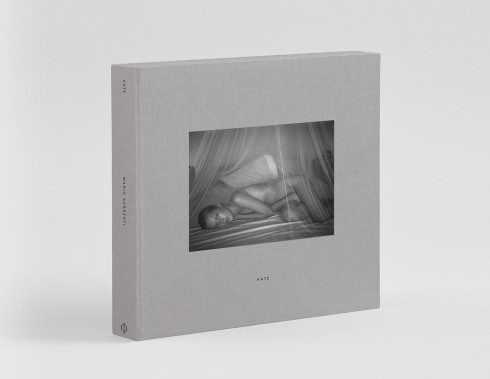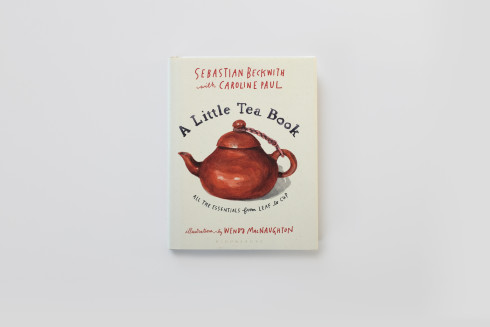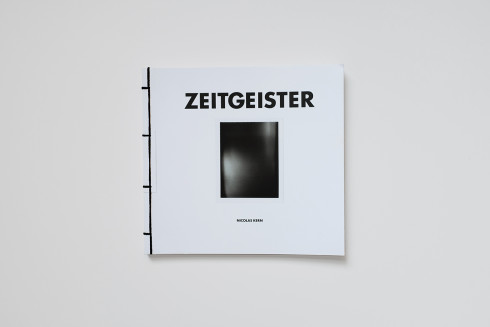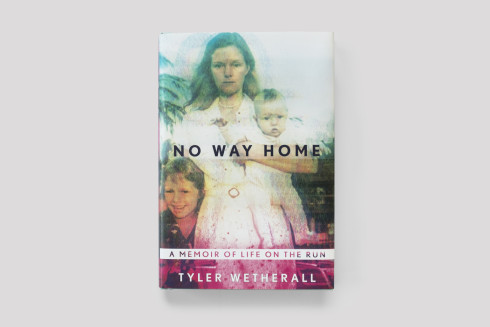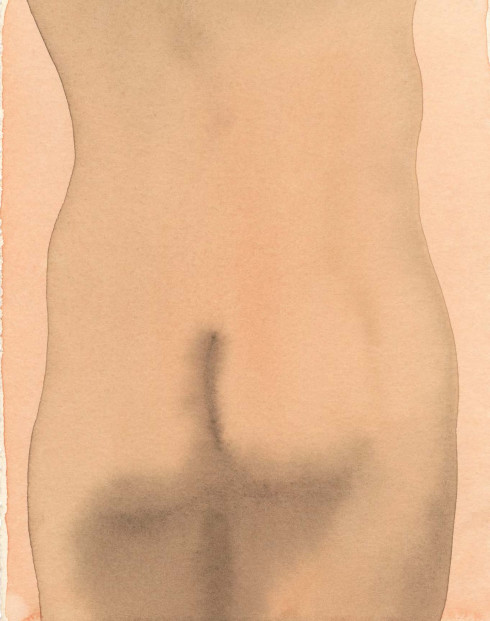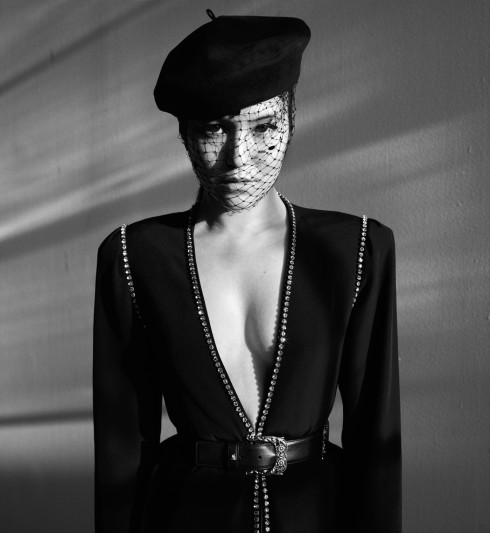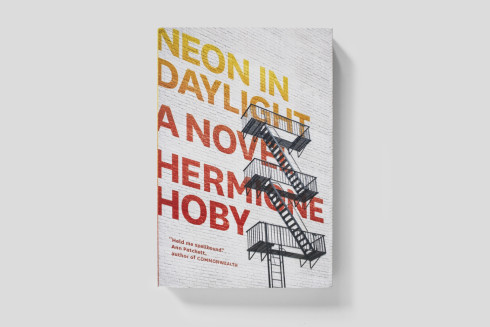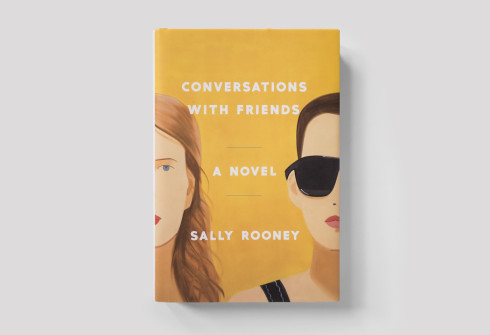
- By
- Kate Brittain
THE LAST WORD: MYSTIC
“Everything is for edification,” she told The Architect, quoting Kierkegaard.
The Architect. The Married Man. She never called him by name. Around her friends, she referred to him as The Married Man. This was for comic effect. Or, she was reminding herself that she was making a mistake. To herself, she thought of him as The Architect, imagining his profession was his archetype, too. But, addressing him, she avoided every sobriquet.
“Hi,” she said. “Come here,” she said. “Teach me something.”
“A room isn’t made of walls,” he said. “It’s made of space. The walls just give the space shape.” Modern architecture was his thing. She wasn’t impressed. He was tenure-track at a university I suppose I won’t name. What did his prestige matter to her? He commuted from Brooklyn twice a week. He did everything he could to avoid being home. “Come with me to Mystic,” he said. “We’ll take the train.”
Why not, she thought.
“Why not,” she said. “Mystic, isn’t that where they burned the witches?”
So many things didn’t matter: eleven years, a wife, two children. These were his decisions. She was just letting whatever was going to happen happen.
What did he think? That she would love him?
He undressed her and then he undressed himself. She wasn’t interested in his body. He was too tall, not quite fit, and neither handsome nor ugly.
He kissed her knees. Why? “I love your knees,” he said. Why? He also liked the arc of her hip bone. “This is important,” he told her. She didn’t know why.
“I don’t think so,” she said.
“Oh, it is.”
In a hotel room, you can do anything. The clean white everywhere gives its permission. She spun in circles to the bed. She fell down onto what felt like a cloud. He was enthralled, and she was bored by the ease of it. “Touch me,” she said, without wanting him to.
His face showed his age. It wasn’t lined, but it was no longer soft. His hands, though, they were soft, or soft enough. They were an architect’s hands: those of a man who works less with his hands than his mind. Hers, a writer’s hands, and her lips, her skin everywhere, all of her, was soft, like an invitation. He held her ankles, her wrists; he felt for the bones. Of course he was interested in form.
She wasn’t interested in nothing. But she was only interested in answers. “All that matters is the eternal,” she told him. This was Kierkegaard again. She had been reading about despair. Despair, The Philosopher says, is a great and useful tool.
The Architect wasn’t seeking the eternal. He was stuck on Earth like he was stuck in a life he didn’t quite want, where what caught his attention were perversions of beauty. He told her this: there’s an artist who constructs what look like flowers out of offal. They’re exquisite, and then you see what they’re made of. Which teaches you what? That things aren’t always as they first appear? The lesson she took from his story was, there’s nothing wrong with offal. An artist can make something out of anything.
The buildings that The Architect made were meant to look organic—like honeycomb, like coral—but you can’t make a building look organic. For something to seem natural it has to just happen.
She happened to have been heartbroken, he happened to be at the bar. He told her that he’d seen her before. Was this meant to flatter her? Men noticed her every day. She was aware of it, and she knew how much it didn’t mean. Her beauty, too, was an accident.
She didn’t kiss him because of his compliments or his conversation, she kissed him because she didn’t care. This—the train, the hotel room—is what happens when you haven’t got a thing left to lose. Or, it’s what happens when you want to get lost.
“We’re torching shit,” The Married Man had said in the dark of the bar, after she’d told him about her ruined heart, after he’d told her about his wedding ring. He moved her hand to feel his erection. Was he suggesting that this was the torch? But the fire had found her long before he had.
You can’t stop what’s coming for you. This is true: when the wildfires swept across Australia—this was years ago; Black Saturday, they called it—people jumped into their swimming pools so they wouldn’t burn. But the water boiled.
What does it matter, fire or water? We’re so worried about the pain of dying. Isn’t the pain of living worse?
In the hotel room, the curtains were drawn back and the window was open. They were high up. There was only sky and water to see, neither seeming to end.
At The Architect’s request, there were bouquets of lilies, fragrant on the bedside table, there was Champagne on ice, and beside it, in a silver bowl, a whole mountain of chocolate-covered strawberries—borrowed symbols of romance, but what did she care? She wasn’t here for symbols, or romance.
While he uncorked and poured, she searched the old analog radio for some unobtrusive sound. Fiddling forth and back through static, kitsch, and Billboard hits, she let the dial rest at last on classical, something Baroque. “Hummel,” he said. It sounded like spring.
The Married Man plucked a strawberry, absurdly plump in its chocolate coat, so smooth it looked like plastic, from the bowl. Only a hint of the berry beneath showed close to the calyx, exposed—the color of love, a sweet deep red—as if to prove that the fruit really had grown from the earth, under the sun.
He pinched away the green and held the treat before her. Was this how he fed his sons? Needlessly, he said, “Here.”
Did he want her to make a game of it, pretend the fruit was phallic? She couldn’t, with a straight face. She bit down, swallowed.
“Tell me something,” she said, trying to hide in the sheets, trying to make things more difficult.
“It’s my son’s birthday next week. Wednesday.” Did he say this with pride or guilt?
He pursued her under the covers. The light filtered through to them. He was very close to her and naked and no one she would ever love. But, still, there he was, wanting her. She felt for the rise of his desire, which hardened his desire. “How old?” she asked.
“Six,” he said. This didn’t mean anything to her. She couldn’t care about children; children meant you believed in the future. “I need to get him something, a present.”
“What does he like?” she asked. “What do you like?”
“Lick it,” he said.
“I was falling in love,” he would tell her months later, when they met on the street, by chance. She would say nothing to this.
She said nothing now, ran her tongue along his ready skin and slipped it into her mouth.
“He has a handful of interests,” The Married Man said, moving his pelvis around in an unhelpful way. “Beetles and papier mâché top the list. Keep going. And then I’m going to fuck you.”
So much prelude. On the train he had taken the aisle seat and made a game of leaning over her to look out the window, in the shade of his torso letting his hands collide with and linger on certain parts of her body.
Her breasts were small, and this was another thing that didn’t matter to her. On the other hand, she hated her thighs, which is, I think, common among women. But whether The Architect loved or hated her thighs, she didn’t care. She lifted her mouth from his cock, his dick, his prick—how did he think of it?—to say, “You shouldn’t get him something. You should take him somewhere. He’ll remember that. Take him camping. Take him to that outdoor sculpture park. He can run around. It’s a shame to raise a child in the city, if you ask me.”
She was going to give him all her opinions, because the sooner he lost interest, the better, she was thinking. Some of her friends thought what she was doing was wrong, others thought she should get everything she could—gifts, dinners, vacations—from the affair, and then get out. Nobody thought it was a good idea, nobody thought this trip to Mystic was the way to happiness. She didn’t. But what is?
The Architect was moving her body where he wanted it. The Married Man pressed his thumb to her clitoris. Was this the hand with the ring or the other one? She wasn’t looking. She braced herself, and tried to seem gratified. Experience had taught her a man likes to feel that his sudden presence inside a woman comes to her as some sort of revelation.
What does a woman like to feel?
She felt not much of anything. She touched the many parts of The Architect’s body, looking for some place that would make her feel at home. She could see gulls now and again in the sky. The ocean must have been moving, because it always is, but all she saw of it, on the ceiling, were shifting splinters of light
The only way to know what’s eternal, of course, is to destroy everything and see if any of it remains.
His ejaculate was pooled on her belly and descending in sluggish rivulets onto the perfect sheets.
“That’s a lot,” he said.
To The Writer, this seemed like a lesson. When he left her to shower she wrote it down: I am willing to learn anything.
- By
- Kate Brittain
